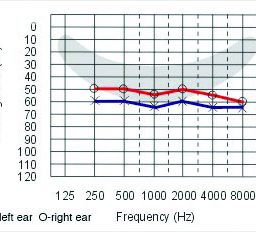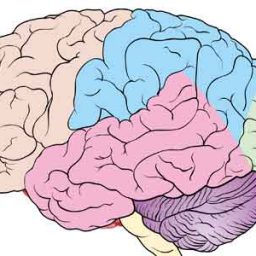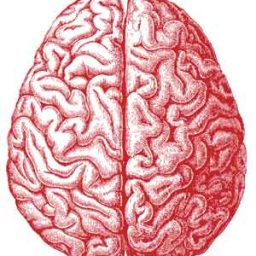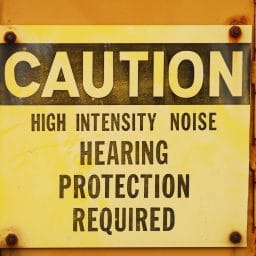Common Medical Conditions & Hearing Loss

Many medical conditions can contribute to hearing loss. Below are some of the most common. Diabetes As you know, diabetes is one of the most prevalent health problems today. An estimated 30 million people in the United States are afflicted with diabetes, while another 86 million are pre-diabetic. Many physicians, however, are unaware that damage…
Reading Your Audiogram

The basic hearing examination is a measure of the softest sounds your ears can perceive, also called the threshold of hearing. Understanding Your Audiogram The audiogram is a graphic display of these hearing thresholds that paints a picture of your hearing ability. All test results are graphed on the audiogram, with frequency (pitch) increasing from…
Earwax Coning and Cleaning

The function of earwax is simple. It provides a barrier from external contaminants, lubricates the ear canal and its acidic nature wards off fungal infections. Many of my new patients believe that excessive earwax is the cause of their hearing loss. Truth be told, accumulated earwax is almost never the problem. Most hearing loss is…
Your Brain & Hearing

Did you know that your brain is plastic? I’m not speaking of the substance that we see every day in products from automobiles to hearing aids. Rather, I’m referring to your “neuroplastic” brain. This term means that the brain reorganizes itself when auditory input is reduced due to untreated hearing loss. The brains of people…
Your Hearing Ability

Your hearing ability is the direct result of the interaction between two systems: the ears and the brain. Your ears are encoding devices. Thousands of microscopic sensory nerves sense sounds and turn these sounds into electrical signals. These signals are decoded and given meaning by the brain. Many who have long-standing hearing losses perceive sound differently than those…
What is Noise Induced Hearing Loss?

Noise induced hearing loss is the second most common form of hearing loss (ranking behind presbycusis, hearing loss related to normal aging), and is the most preventable type. How Can Sounds Hurt Your Ears? Background sound is a constant in our busy lives. Normally, background noises are at safe levels that won’t impact our hearing….
What is Unilateral Hearing Loss?

What is Single Sided Deafness? Sometimes referred to as unilateral hearing loss, single sided deafness is a condition in which an individual experiences hearing loss in only one ear but can hear normally out of the other ear. While the majority of patients with a hearing impairment suffer from bilateral (two-sided) hearing loss, SSD is…
What is Sudden Hearing Loss?

For most people who experience hearing loss, the condition comes on gradually over a period of years. In rare cases, an abrupt loss of hearing occurs with little or no warning. This condition is known as sudden sensorineural hearing loss (SSHL). What is Sudden Deafness? Sudden deafness is defined as a hearing reduction of 30…

